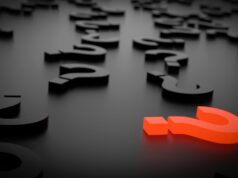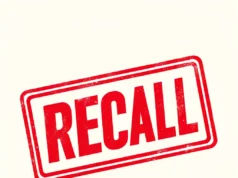
As we navigate the unpredictable waters of the modern business world, product recalls pose a significant challenge. From small businesses to multinational corporations, no entity is immune to this potentially damaging occurrence. Understanding what lies ahead in the future of product recalls, and more importantly, preparing for it, is an absolute necessity.
The Changing Landscape of Product Recalls
The landscape of product recalls is undergoing a dynamic shift, heavily influenced by globalization and technological advancements. The rising complexity of supply chains and increasing regulatory pressures are reshaping how recalls are conducted. Proactively adapting to these changes is crucial for any business committed to maintaining a strong market presence.
The Role of Technology in Product Recalls
Technology plays an integral part in the future of product recalls. From predictive analytics to blockchain technology, cutting-edge tools are emerging that allow for faster identification of faulty products, more efficient recall processes, and more transparent communication with consumers. Adopting these technologies can greatly reduce the time, cost, and reputational damage associated with recalls.
The Impact of Globalization on Product Recalls
As businesses continue to extend their reach globally, product recalls too are becoming an international concern. This interconnectedness necessitates more stringent regulatory compliance, in-depth understanding of different market standards, and quicker response times during recall events. These considerations must be factored into a business’s recall preparedness strategy.
Regulatory Evolutions and Product Recalls
Regulatory environments worldwide are becoming more demanding and less forgiving when it comes to product safety and recalls. This trend is likely to continue into the future, increasing the need for comprehensive recall strategies and risk management measures. Remaining abreast of regulatory changes and aligning business practices accordingly is a key aspect of future recall preparedness.
The Rising Expectations of Consumers
The modern consumer is informed, vocal, and has high expectations regarding product safety. Any mishandling of a product recall can result in swift and widespread backlash. As businesses look to the future, they must develop robust communication strategies to maintain consumer trust during a recall event.
Best Practices for Preparing for Future Product Recalls
As we forge ahead, businesses must consider a more proactive approach to product recalls. This includes investing in technology for efficient product tracking, refining risk assessment protocols, and developing detailed crisis management plans. Additionally, fostering strong relationships with regulatory bodies and keeping an open line of communication with consumers are also key.
The Power of Learning from Past Recalls
Historical product recall events serve as a rich resource for learning. Analyzing these instances can provide insights into potential risks, effective response strategies, and communication techniques. Using these lessons can inform future recall responses and potentially prevent recurrence of similar issues.
Embracing the Future of Product Recalls
The future of product recalls may seem daunting, but with the right preparation, businesses can navigate these challenges effectively. The keys to success lie in understanding the changing landscape, adopting new technologies, aligning with regulatory shifts, and above all, maintaining a steadfast commitment to consumer safety. By doing so, businesses can turn a potential crisis into an opportunity for demonstrating resilience and responsibility.







